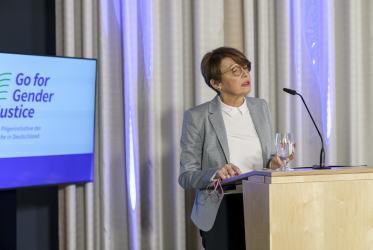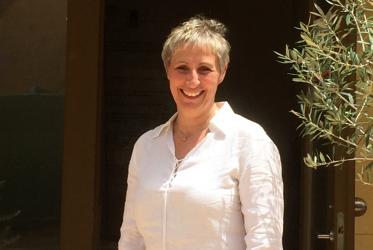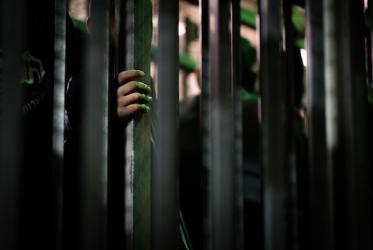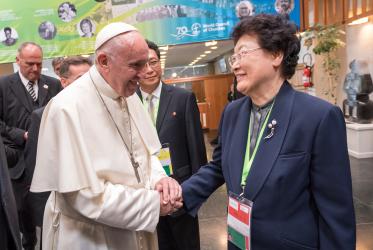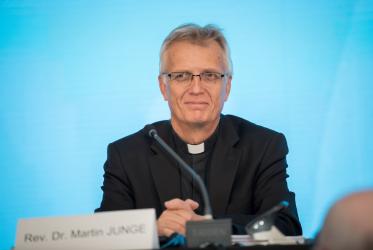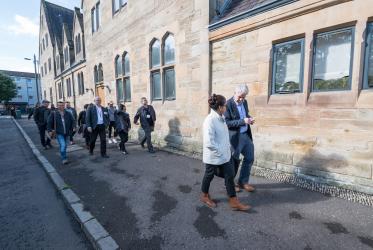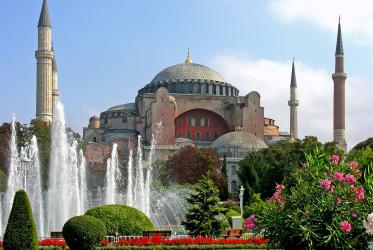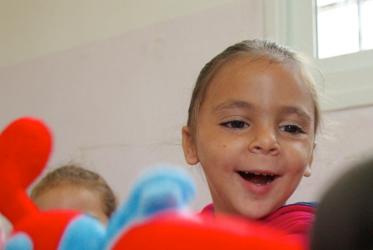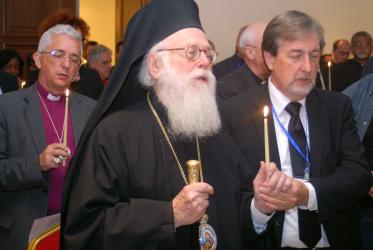Displaying 1 - 19 of 19
12 Faces of Hope on display in Wales
12 December 2019
WCC congratulates Junge on Augsburg Peace Prize
24 October 2017
‘Love is stronger than hate’
02 May 2017
An interview with the Ethiopian Patriarch, Abune Matthias
14 February 2017
Common prayer in Geneva responds to acts of violence
16 November 2015
New departure in Taizé towards an ecumenism of solidarity
20 August 2015
Nathan Söderblom opened a new chapter in history of churches
10 November 2014
